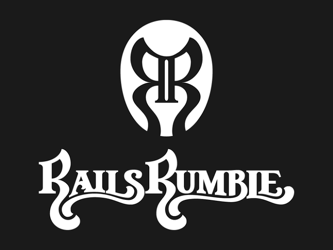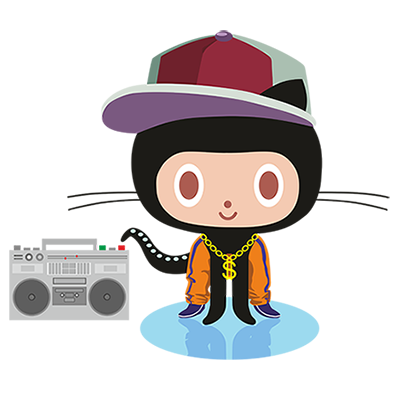RailsRumble 2013

October 19, the next RailsRumble starts - an online contest for the development of Ruby applications. Registration will be open from 7 to 13 October. For two days, it is proposed to create a Rails application (or any other Ruby framework) from scratch. Teams from 1 to 4 people are allowed to participate. The team is given 1 Github repository, 1 VPS on Linode and in 48 hours you need to make a full-fledged application that will be evaluated by a jury of 65 people. Valuable prizes from more than 20 sponsors are awarded to the TOP-10 teams, the best single participant and the TOP-1 team in a public vote.
Study the competition
If you work for a victory, the first thing you need to do is examine last year's results , then the jury - last year Github only registered an account with four out of 65 jury members and it was immediately clear that the competition was not about rubmle, not about Rails, but more about all sorts of startups and “innovative” ideas - how else can a DJ girl (jury member) assess the technical complexity of the project?
')
Best Impromptu - Homework
Honestly, by the beginning of the competition we had already selected the tools for the project implementation and thought out the architecture. The result of our 48-hour work looks like this (without Hadoop). Some implementation details and useful links can be found in last year’s article .
Correctly distribute tasks
We had a team of 4 people - an algorithmist, DevOps, a backend-front-end Ninja, and the person who came up with the idea. It so happened that the first three participants took upon themselves all the tasks and the last one had nothing left to do, how to get on everyone’s nerves and say that we stole and ruined the idea. It turned out a little hurt, because everyone tried to win. The moral is simple - you need to take on those tasks that are your best competence and this must be taken into account before starting work - divide the project into independent parts, distribute tasks. Then, from the start, the team will immediately run, and will not be trampled down in one place, figuring out the relationship.
Appearance
Most of the jury members are not related to programming, and if you are aiming for a victory, then it is very important to roll out a well-designed application. Look at the design of the winning projects of last year .
The fastest release possible
Each project has its own page on the RailsRubmle website , which must be filled out with a description of the project. On this page, any user can leave feedback about your application (via Disqus) and it seems to me that it is very important to make the page recognizable, roll out the application as early as possible so that at the time of refereeing there are a lot of great reviews. We made the last commit 10 minutes before the end of the competition, but at the time of refereeing we had over a thousand real users registered (Reddit effect), almost 3000 requests for recommendations were processed and there were about 20 comments, often very good ones.
Conclusion
Now I have an attitude to contests like “two days for coffee, working week to hell” is not very positive. The first time it was a lot of fun, but then the pleasure subsides exponentially. A year ago, our project did not make it to the TOP-10 and TOP-1 user votes, but we had great pleasure and excellent development experience in extreme conditions, a lot of pleasant reviews and even made a report on advisory services at the Ruby conference in Ulyanovsk. I really hope that this year there will be more domestic teams and we will perform well.
Great ramble!

Source: https://habr.com/ru/post/192398/
All Articles